Supreme Court leaves major conservative cases waiting in the wings, from abortion to guns
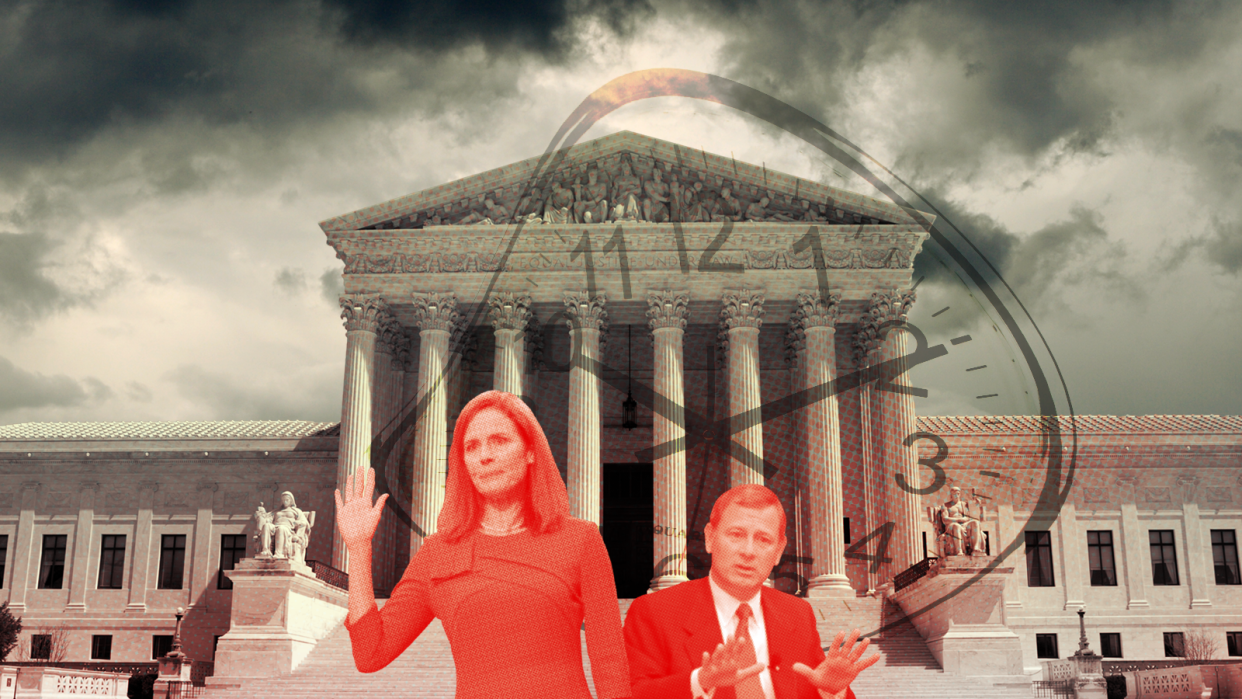
WASHINGTON – When Associate Justice Amy Coney Barrett took her seat on the Supreme Court in October, Democrats openly fretted about a lopsided conservative court unwinding years of precedent on abortion, gun control and other divisive issues.
Rather than handing conservatives a string of victories, the justices have – so far – left advocates on the right grasping for answers about why a number of pending challenges dealing with some of the nation's biggest controversies have languished.
From an abortion case out of Mississippi to a scorching dispute between Texas and California pitting religious freedom against gay rights, the justices are sitting on several contentious issues that will wait until this fall – at the earliest – to get a hearing, assuming the court takes the cases at all.
"There's always a reason to kick the can down the road," lamented Josh Blackman, a law professor at South Texas College of Law Houston. "These issues linger and fester if they don't come to any sort of resolution. That's sort of where we are."
When President Donald Trump nominated Barrett in September, Democrats warned her confirmation would tilt the court to the "far right," noting it would have a 6-3 split between conservatives and liberals for the first time in decades. New York Sen. Chuck Schumer, the chamber's Democratic leader, said Barrett's confirmation would "alter the lives and freedoms of the American people while they stood in line to vote."
In the months since then, the court's approach has been far less dramatic. It sided with churches and synagogues challenging COVID-19 restrictions but dismissed a battery of appeals by Trump and his allies seeking to change the outcome of the 2020 election. It jettisoned some controversial matters left over from the Trump administration and sidestepped others.
Of 13 signed opinions published by the court this year, all but one put conservatives and liberals together in the majority that decided the case.
Part of that may be the result of the court's rhythm – big, controversial cases tend to be decided closer to summer – and part of it may have to do with the appeals the court has taken or dismissed. Court observers speculate that Chief Justice John Roberts is eager to lower the temperature and steer the court around partisan controversies.
Here's a look at some of the red hot appeals waiting in the wings of the Supreme Court's docket.
First abortion case?
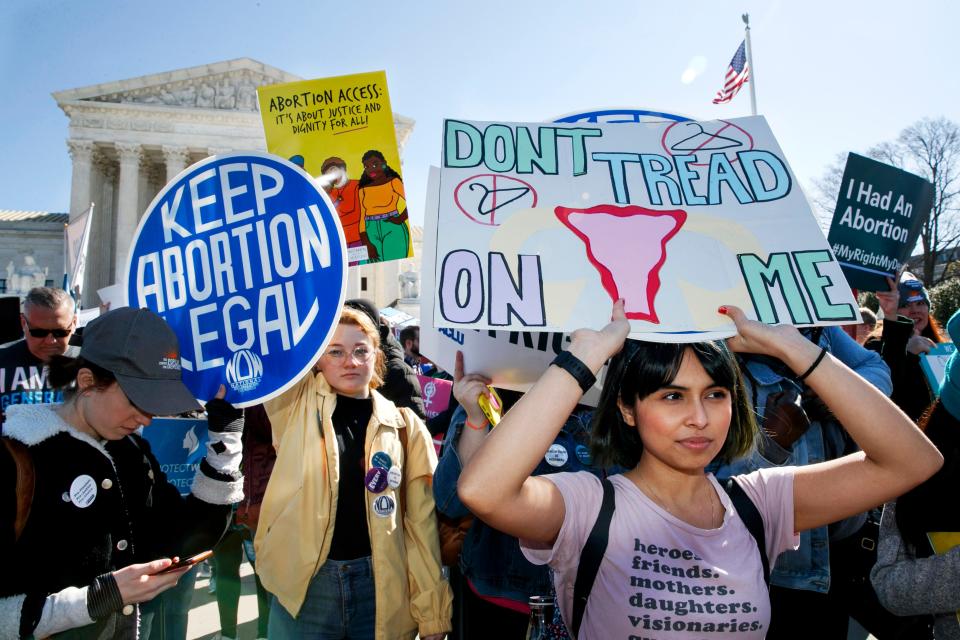
Easily the most closely watched pending litigation at the court deals with Mississippi's ban on most abortions after 15 weeks of pregnancy.
Many conservatives have sought for more than a generation to either overturn the 1973 landmark Roe v. Wade decision that legalized abortion nationwide or at least chip away at it. Some see the Mississippi case as the first real test of the court's resolve on the issue.
The justices have been weighing whether to hear the case for months.
"It could be the first abortion case to be reviewed by the current set of justices," noted Walter Weber, senior counsel at the conservative American Center for Law and Justice. "As Justice Byron White observed, ‘Every time a new justice comes to the Supreme Court, it’s a different court.’”
Some speculate the court is eager to avoid taking up such a controversial case for now. Others say the court is preparing to decide not to take the appeal and one or more of the conservative justices are busy writing a lengthy dissent from that decision. The unusual delay is a mystery that has vexed even some of the court's closest observers.
“Your speculation about why the court hasn’t yet indicated whether it will hear our challenge to Mississippi’s 15-week abortion ban is as good as mine," said Hillary Schneller, senior staff attorney at the Center for Reproductive Rights. "But I do know that this should not be a hard case. This abortion ban violates nearly 50 years of Supreme Court precedent that holds states cannot enforce pre-viability abortion bans."
The court is considering another abortion case on its so-called shadow docket, an appeal by Tennessee last week to enforce a 48-hour waiting period before abortions are performed. That could be decided this spring.
Texas v. California
The Supreme Court is sitting on a dispute this term between the nation's two most populous and perhaps most politically disparate states: California and Texas. The case once again underscores a tension in the law between religious liberty and gay rights.
California approved a state law in 2016 prohibiting taxpayer-funded travel to states that don't explicitly prohibit discrimination on the basis of sexual orientation. Texas allows foster-care and adoption agencies to deny same-sex couples as parents if they object to gay marriage on religious grounds. Texas sued California last year, and the justices have been considering whether to take the case since January.
Attorneys general in California and Texas did not respond to questions about the case, but Texas told the court the California law could have huge economic consequences.
"If this cycle of retaliation continues, it will leave a country divided into red and blue states: The former spend money only in other red states; the latter spend money only in the blue ones,” the Lone Star State's lawyers told the court.
California says it's within bounds to set policies for how to spend taxpayer money.
"The fact that California has balanced these sometimes competing concerns differently from Texas does not demonstrate that California acted irrationally or with animus toward religion," it told the court in a filing last year.
The suit has parallels to one of the biggest cases before the court this term, which will probably be decided this summer. In that suit, Philadelphia wants to prohibit what it says is same-sex discrimination by a Catholic foster care agency. The agency asserts it cannot screen same-sex couples to be parents because it opposes gay marriage on religious grounds.
SUBSCRIBE Support local journalism
Guns on the outside
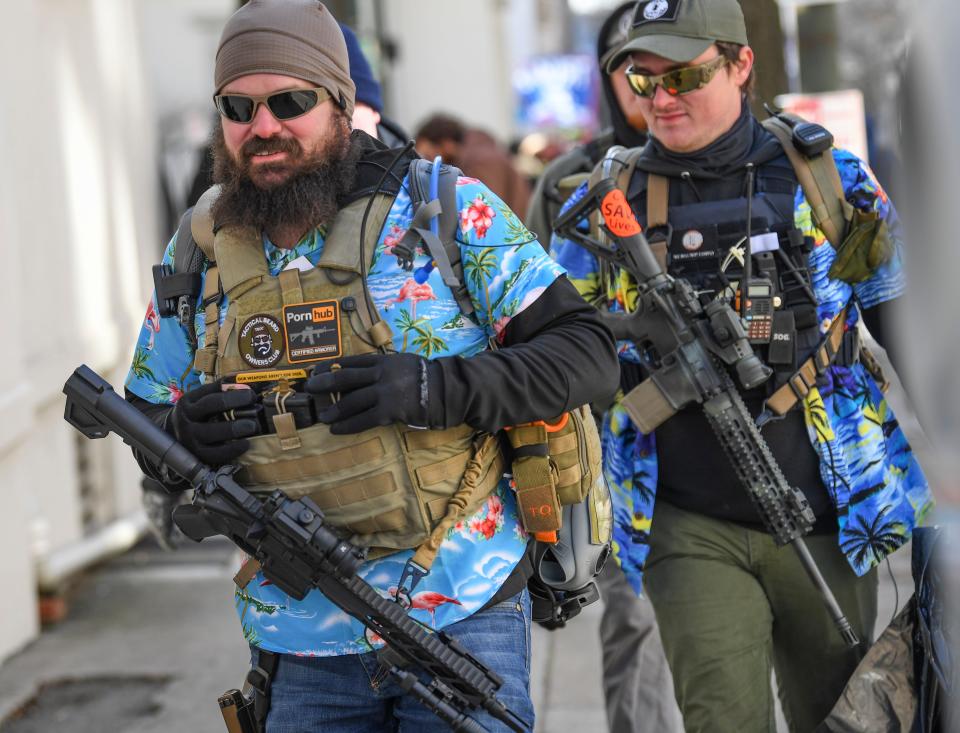
The court has sidestepped Second Amendment disputes for years, but experts predicted the justices are primed to pluck a gun rights case for consideration soon. If they decide the time is right, they'll soon have several cases to choose from.
When it struck down handgun bans in the District of Columbia and Chicago in 2008 and 2010, the court specifically gave a nod to the right to own a gun for lawful purposes, such as self-defense inside the home. Now the justices have before them a case questioning whether states may regulate the right to carry guns away from home.
Two New York state residents sought a license to carry guns outside their homes but were denied because they didn't meet the state's requirement of having a "special need for self protection" beyond what's required by the general public. Their lawsuit wound its way to the Supreme Court in December.
Michael Jean, director of the office of litigation counsel for the National Rifle Association, said gun rights advocates hope the court will take up the New York case. Several of the justices indicated a desire to wade into the issue in recent dissents and with six potential votes in play, there's a better chance conservatives can marshal a majority.
"You have a very wide split amongst the lower courts here on a question that seems to be very clear based on the text of the Second Amendment," he said. "The text ... says 'keep and bear.' Twin verbs meaning twin purposes of the right.”
Other cases question whether those convicted of nonviolent crimes should be banned from owning guns.
Potentially working against taking up those cases: high-profile mass shootings in Georgia and Colorado last month that snapped Washington's attention back to the partisan debate over gun rights.
Return of affirmative action, transgender bathroom battles
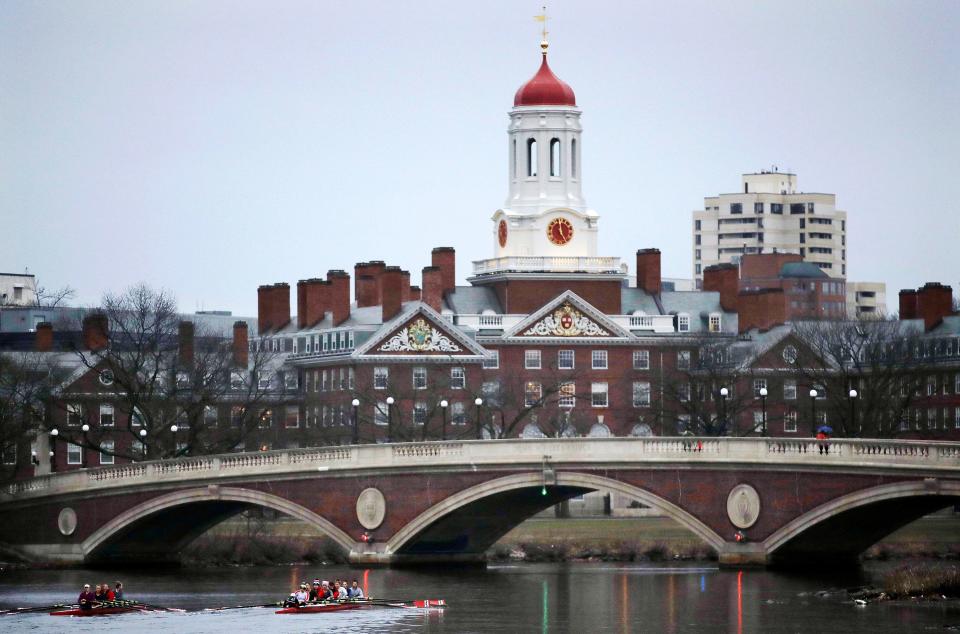
A handful of other controversial issues aren't ready but are sitting on the horizon and could become blockbuster issues in the fall. Two such cases involve disputes that have been heard at the court before.
A group opposed to affirmative action is trying to stop Harvard University’s consideration of race in its admissions process, alleging the school discriminated against Asian Americans to boost Black and Hispanic enrollment.
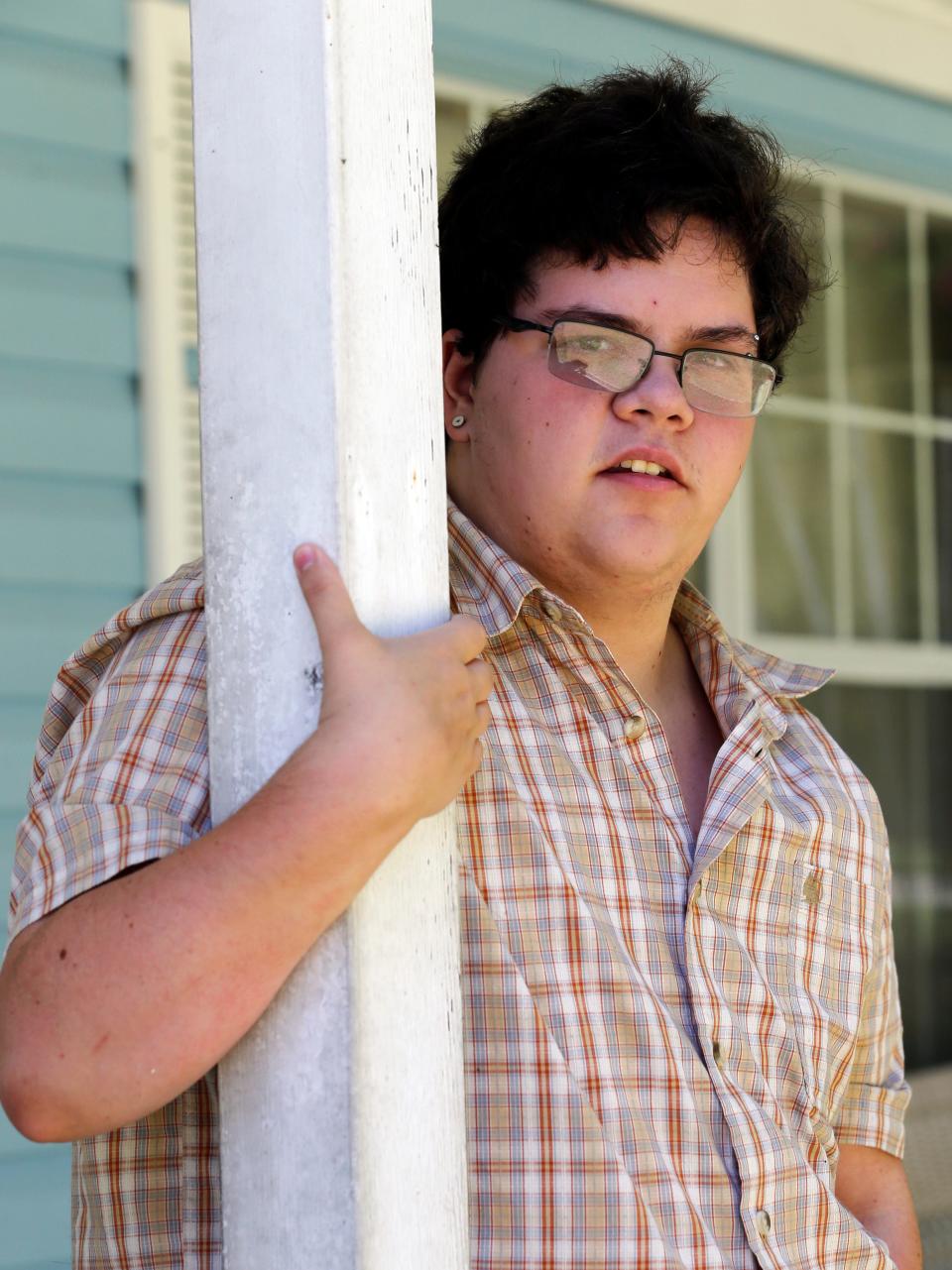
The Supreme Court narrowly upheld the admissions process at the University of Texas, Austin in 2016, but that opinion was penned by Associate Justice Anthony Kennedy, a consummate swing vote who retired. The court is far more conservative than it was five years ago.
"This case is the kind of important individual rights dispute that this court has not hesitated to hear," the anti-affirmative-action Students for Fair Admissions argued. "It isn’t just any university. It’s Harvard. Harvard has been at the center of the controversy over ethnic- and race-based admissions for nearly a century."
Also back on the court's docket: the fight over whether students may use a bathroom matching their gender identity. A Virginia school board wants the court to review its policy of requiring students to use bathrooms based on their sex assigned at birth or use private bathrooms. In 2019, the court declined to review a Pennsylvania school district's policy allowing transgender students to use bathrooms consistent with their gender identity.
The Virginia school district, Gloucester County, framed the issue as being of critical "importance to the millions of students whose privacy rights are at risk, or to the legions of schools deprived of the freedom to make commonsense distinctions on the basis of sex."
The American Civil Liberties Union, which has argued the other side of the case, blasted the school district for "digging in its heels."
"Federal law is clear," said Josh Block, a senior staff attorney at the group. "Transgender students are protected from discrimination."
Read more
Guns: Supreme Court poised to jump into Second Amendment disputes
Religion: Supreme Court's COVID-19 cases stir up battle over foster care
Packing: Supreme Court Justice Stephen Breyer pushes back on 'court-packing'
Bathrooms to ball fields: Transgender rights advance in wake of Supreme Court ruling
This article originally appeared on USA TODAY: Supreme Court sitting on abortion, gay rights controversies for now

